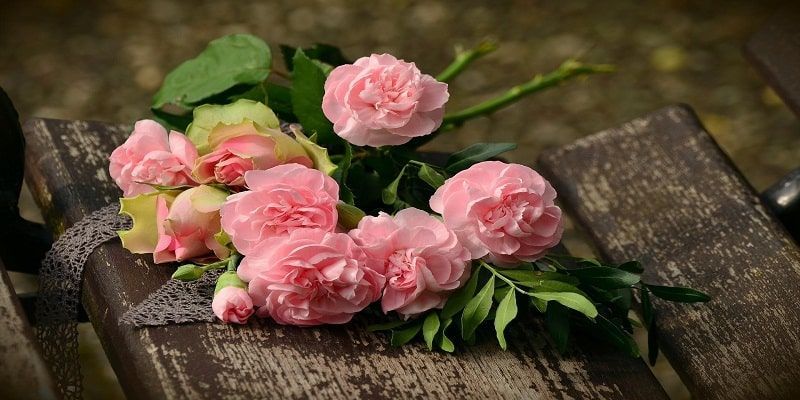Choosing Between Traditional and Modern Funeral Services

When families begin researching funeral homes in Chadds Ford Township, PA, one of the first questions they often face is whether to opt for a traditional funeral service or a more modern approach. This decision carries emotional, financial, and cultural weight, making it essential to understand what each option offers and how it aligns with a family's values and circumstances.
Understanding Traditional Funeral Services
Traditional funeral services are rooted in time-honored customs that emphasize formality, ritual, and remembrance. These services typically include a viewing or visitation, a formal ceremony often held in a place of worship or a funeral home chapel, and a burial at a cemetery. For many families, this format provides a structured opportunity to grieve, reflect, and pay tribute to the deceased with a sense of dignity and solemnity.
The predictability and ceremonial nature of traditional services can offer emotional reassurance. They provide a framework that helps mourners process loss and find closure, especially for those with strong religious or cultural ties. However, the comprehensive nature of these services often entails higher costs due to venue rentals, professional staff, transportation, embalming, and burial expenses.
The Rise of Modern Funeral Services
In contrast, modern funeral services are defined by flexibility, personalization, and often, simplicity. These services may forego traditional elements like embalming or formal visitation, replacing them with customized memorials, life celebrations, or even digital gatherings. The shift toward personalization allows families to tailor the event around the unique personality, passions, or achievements of their loved one.
Modern funerals can occur in non-traditional venues—parks, private homes, or community centers—and often integrate multimedia elements such as video tributes, live music, or interactive guest books. The informal nature of these services can make them feel more uplifting and reflective of the individual's life, rather than focused solely on mourning.
Moreover, modern approaches often provide cost-effective alternatives, making them appealing to families mindful of budgets without compromising on meaning and respect.
Factors to Consider When Making a Decision
Choosing between a traditional and modern funeral is rarely a matter of preference alone. It involves practical and emotional considerations, each of which can influence the final choice:
1. Family and Cultural Expectations
Cultural heritage and family traditions often guide the type of funeral considered appropriate. Some cultures place high value on rituals, while others may be more open to innovation and change.
2. Budget Constraints
The financial aspect plays a pivotal role. Traditional services generally involve more logistical components, each contributing to the overall cost. Modern services often streamline these elements, providing a more financially accessible alternative.
3. Religious Affiliation
Religious beliefs can influence everything from the handling of the body to the format of the service. Traditional funerals often align with religious practices, while modern services may offer a more secular or spiritual approach.
4. Personalization and Legacy
Some families prioritize personalization, wanting the service to be a true reflection of their loved one’s life. Modern services tend to offer greater flexibility in this regard, encouraging creativity and storytelling.
5. Timing and Logistics
Traditional services are typically held within a few days of death, while modern services may allow more scheduling flexibility. This can be a significant factor for families needing time to gather or coordinate with guests traveling from afar.
Blending the Two: A Hybrid Approach
An increasing number of families are blending traditional and modern elements to create services that honor both heritage and individuality. For instance, a traditional funeral may be followed by a casual celebration of life. Alternatively, a modern memorial may include religious readings or traditional music. This hybrid model allows for a more inclusive experience, catering to both older and younger generations.
Funeral Directors in Navigating Options
Funeral directors play a critical role in helping families evaluate these choices. They offer guidance, answer questions, and coordinate logistics to ensure the service reflects the family's wishes while respecting their limitations and values. Whether a family leans toward tradition or innovation, a knowledgeable funeral director can tailor offerings to meet those needs with compassion and professionalism.
Adapting to Changing Preferences
The funeral industry is undergoing a transformation, driven by evolving consumer behavior, financial realities, and generational shifts. Families today value transparency, customization, and convenience. This has prompted many funeral homes to expand their offerings beyond the conventional and embrace a broader spectrum of services.
For families seeking funeral homes in Chadds Ford Township, PA, understanding these differences is the first step toward creating a service that feels meaningful and appropriate. Whether honoring longstanding traditions or embracing contemporary formats, the most important element is that the service genuinely reflects the life it commemorates.
To explore both traditional and modern funeral service options with experienced guidance, contact Grieco Funeral Home & Crematory, Inc., where compassionate care meets personalized planning.











